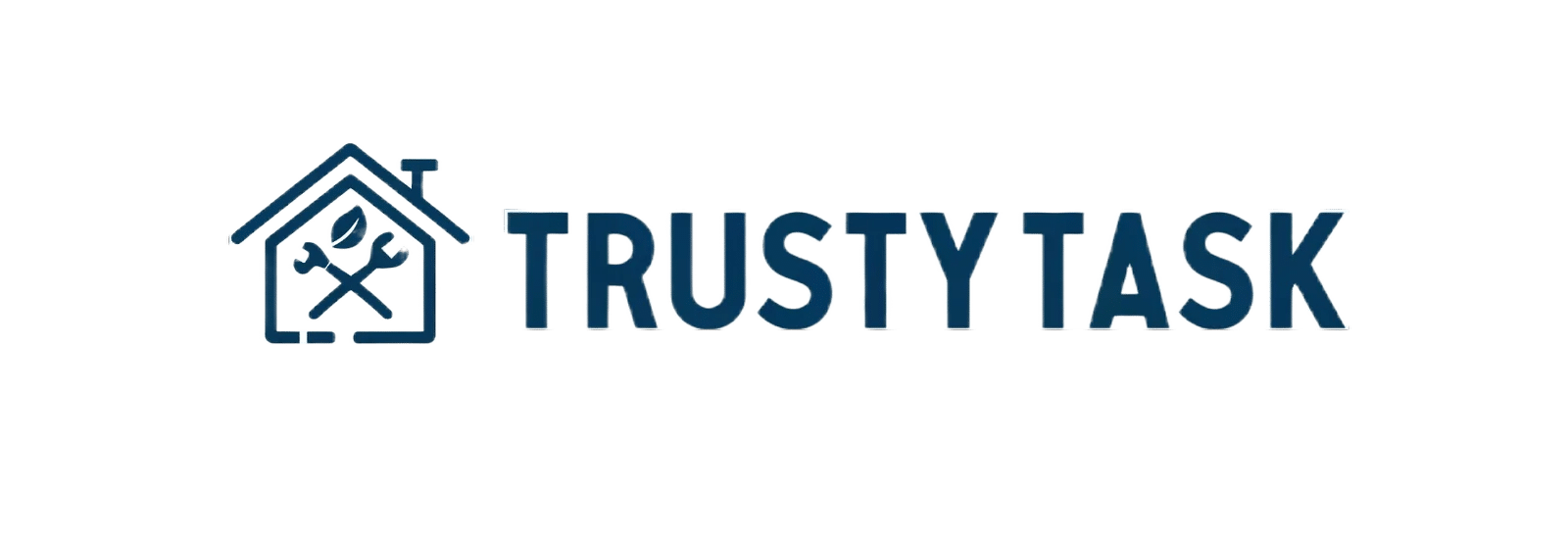
Your support can make a significant difference in our progress and innovation! via Venmo @fbbb123 or Click Here to buy me a coffee!
Excerpt: Learn how providing essential tools and resources to researchers in the developing world can boost global scientific collaboration and innovation.
Introduction:
In the realm of global scientific progress, equipping researchers in the developing world with the necessary tools and resources is crucial for fostering innovation and addressing local and global challenges. This blog post explores effective strategies for providing these researchers with the support they need to conduct impactful studies, enhancing the collective knowledge and capabilities of the global scientific community.
Enhancing Access to Scientific Tools
1. Access to Digital Resources
- Online Databases and Libraries: Partnerships with academic institutions and global organizations can provide researchers in the developing world access to digital libraries and scientific databases. Initiatives like the World Digital Library or UNESCO’s Global Open Access Portal offer invaluable resources for these researchers.
- Mobile Access to Research: Leveraging mobile technology to access research materials ensures that even researchers in remote areas can stay updated with the latest scientific developments.
2. Providing State-of-the-Art Equipment
- Donations and Grants: Programs sponsored by international scientific organizations and universities can donate advanced laboratory equipment and computing tools to under-resourced institutions.
- Mobile Labs: Implementing mobile laboratories equipped with essential research instruments can help overcome the challenges posed by inadequate local facilities.
Building Capacity Through Education and Training
3. Workshops and Training Programs
- Skill Development Workshops: Organizing workshops on research methodology, data analysis, and technical writing to enhance the researchers’ skills. Collaborations with international experts can facilitate knowledge transfer and technical training.
- Online Courses and Webinars: Free or subsidized online educational resources from platforms like Coursera, edX, or Khan Academy can provide accessible learning opportunities in various scientific disciplines.
4. Establishing Collaborative Networks
- Research Networks: Creating networks that connect researchers in developing countries with their counterparts around the world can foster collaborations and mentorship opportunities.
- Conferences and Seminars: Encouraging participation in international conferences, either virtually or in person, can help researchers share their findings, learn from others, and build professional relationships.
Leveraging Technology for Research Innovation
5. Low-Cost Technology Solutions
- Open Source Software: Promoting the use of open-source software for scientific computing and data analysis helps reduce costs while maintaining high standards of research.
- Innovative Research Tools: Encouraging the development of low-cost, innovative research tools tailored to the specific needs and conditions of developing countries.
Conclusion: A Commitment to Global Scientific Equity
By equipping researchers in the developing world with the tools and resources they need, we can enhance global scientific equity and innovation. These efforts not only empower researchers to address local issues effectively but also contribute to the global body of knowledge, enriching science for all. With continued support and collaboration, we can ensure that every researcher has the opportunity to make meaningful contributions to their field.
